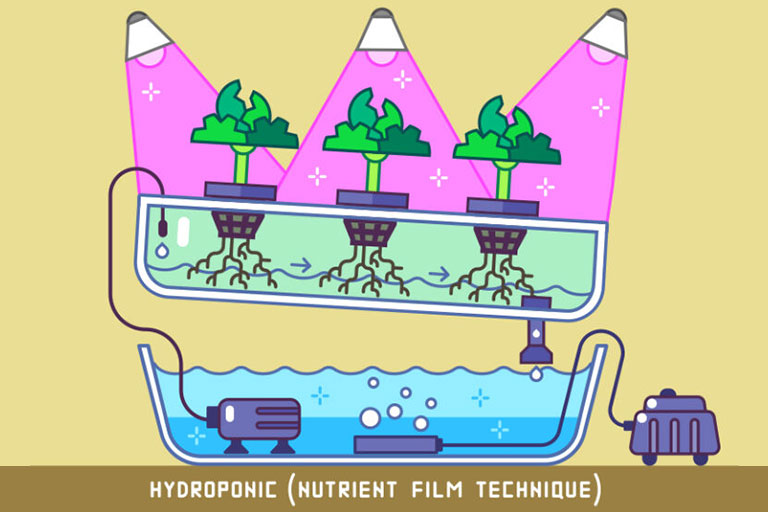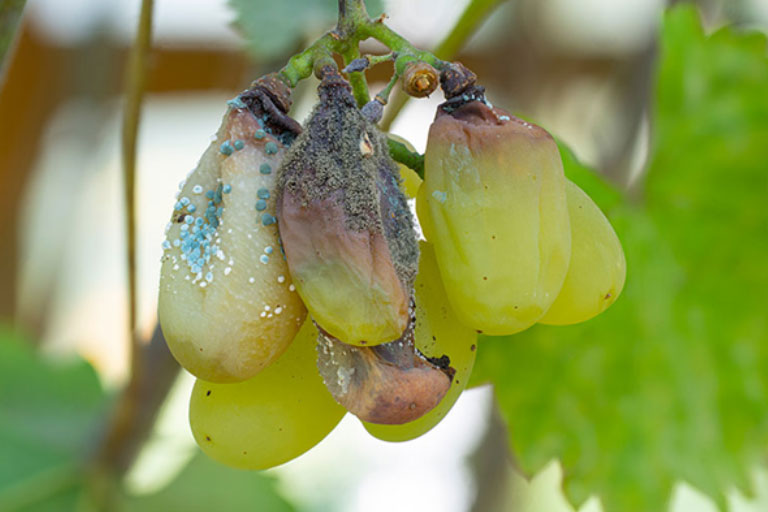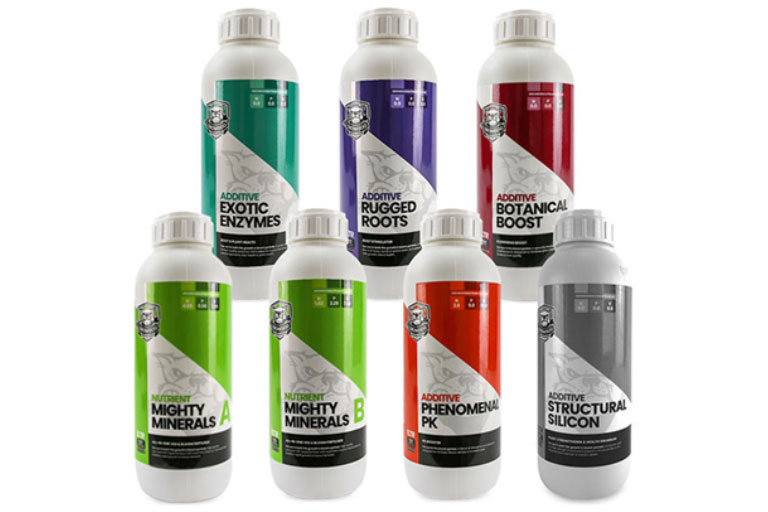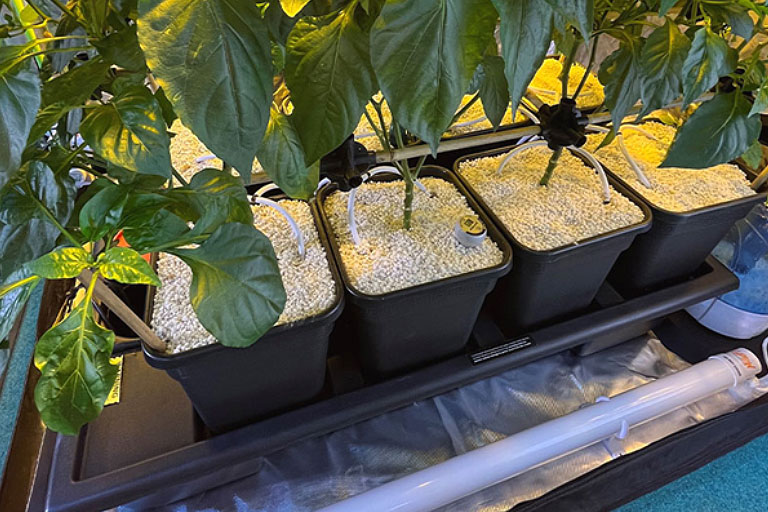Hydroponic Systems – The Future of Gardening
Hydroponic systems are a modern and innovative approach to indoor gardening, eliminating the need for soil. Instead, you grow plants in a nutrient-rich water solution, allowing for faster growth and higher yields. In general, in this article, we’ll explore the benefits of hydroponic gardening. We’ll also look at why they’re becoming increasingly popular among hobby gardeners and commercial farmers.

Benefits of Hydroponic Systems
Increased Yield
- Hydroponic gardening systems provide plants with optimal growing conditions, resulting in higher yields compared to traditional gardening methods.
- The controlled environment allows for year-round cultivation, removing the dependence on seasonal changes.
Water Efficiency
- Hydroponic gardening use significantly less water compared to traditional gardening.
- You use pumps to deliver water directly to the plant’s roots, minimizing wastage.

Space Optimization
- Hydroponic systems don’t need lots of room, making them ideal for urban areas or limited backyard spaces.
- Using vertical farming techniques maximizes the use of vertical space, further increasing the yield per square foot.
Pest and Disease Control
- By not using soil, hydroponic gardening reduces the overall risk of soil-borne pests and diseases.
- The controlled environment allows for better overall monitoring and prevention of pest infestations.

Nutrient Control
- Hydroponic gardening offers you precise control over nutrient levels, ensuring plants receive the optimal balance of nutrients for healthy growth.
- This eliminates the overall need for chemical fertilizers and reduces the risk of nutrient deficiencies or toxicities.

Challenges and Future Developments for Hydroponic Systems
Initial Setup Cost
- The initial setup cost of a hydroponic garden is higher versus traditional gardening methods.
- However, advancements in technology and increased popularity are driving down the cost, making it more accessible to home gardeners.
Energy Consumption
- Hydroponic gardening requires artificial indoor grow lights and climate control, resulting in overall higher energy consumption.
- Future developments in energy-efficient technologies and renewable energy sources can help mitigate this challenge.
Integrating Hydroponic Systems with Sustainable Practices
- As overall hydroponic gardening techniques become more prevalent, it is important to ensure their integration with sustainable practices.
- This includes using organic nutrients, minimizing waste, and exploring alternative energy sources.

Conclusion
Hydroponic systems are becoming increasingly popular as people realize the potential of the technology. With the right hydroponic supplies, and attention to detail, anyone can create a healthy and thriving indoor garden. The advantages of hydroponic gardening are numerous, and the possibilities are endless. As we continue to develop new and improved hydroponic gardening techniques, we will be able to change the way we grow hydroponic herbs, and other plants forever. Hydroponic gardening will contribute to a more sustainable food system.
Now you know about the overall benefits of hydroponic systems, check out our range of hydroponic supplies and horizontal hydroponic systems.




